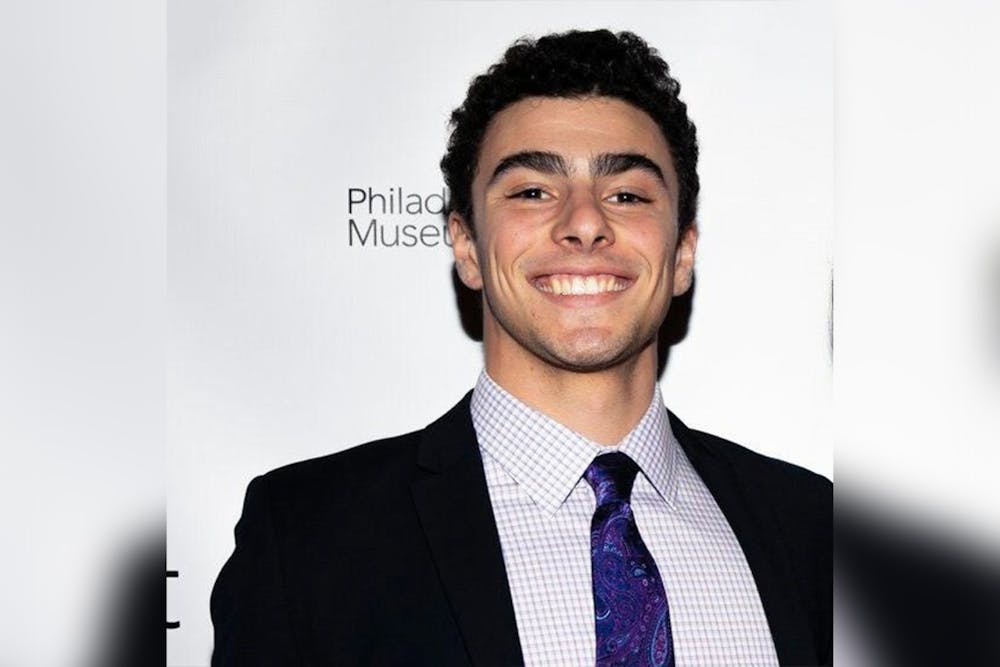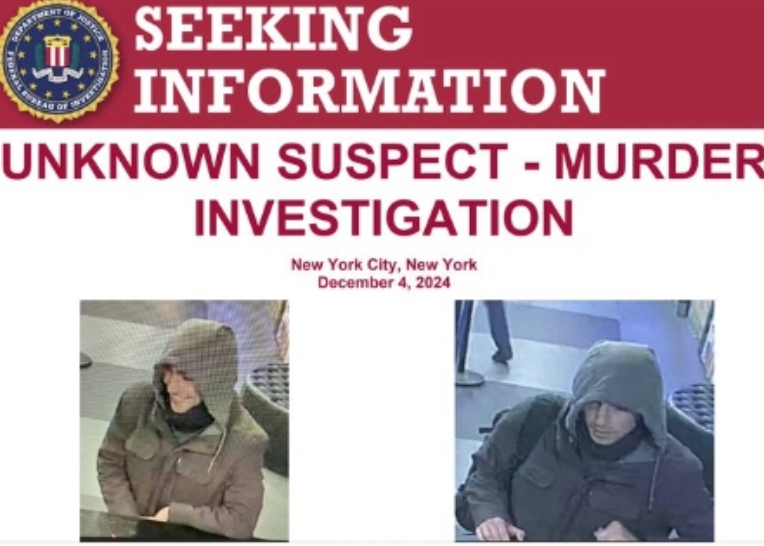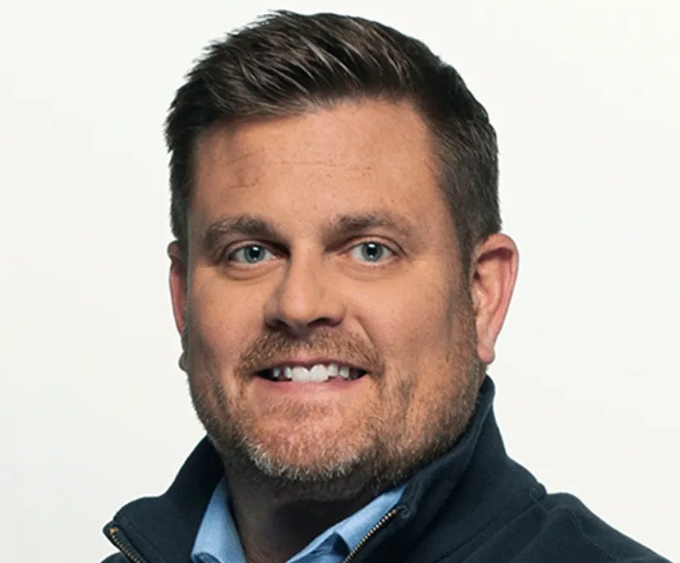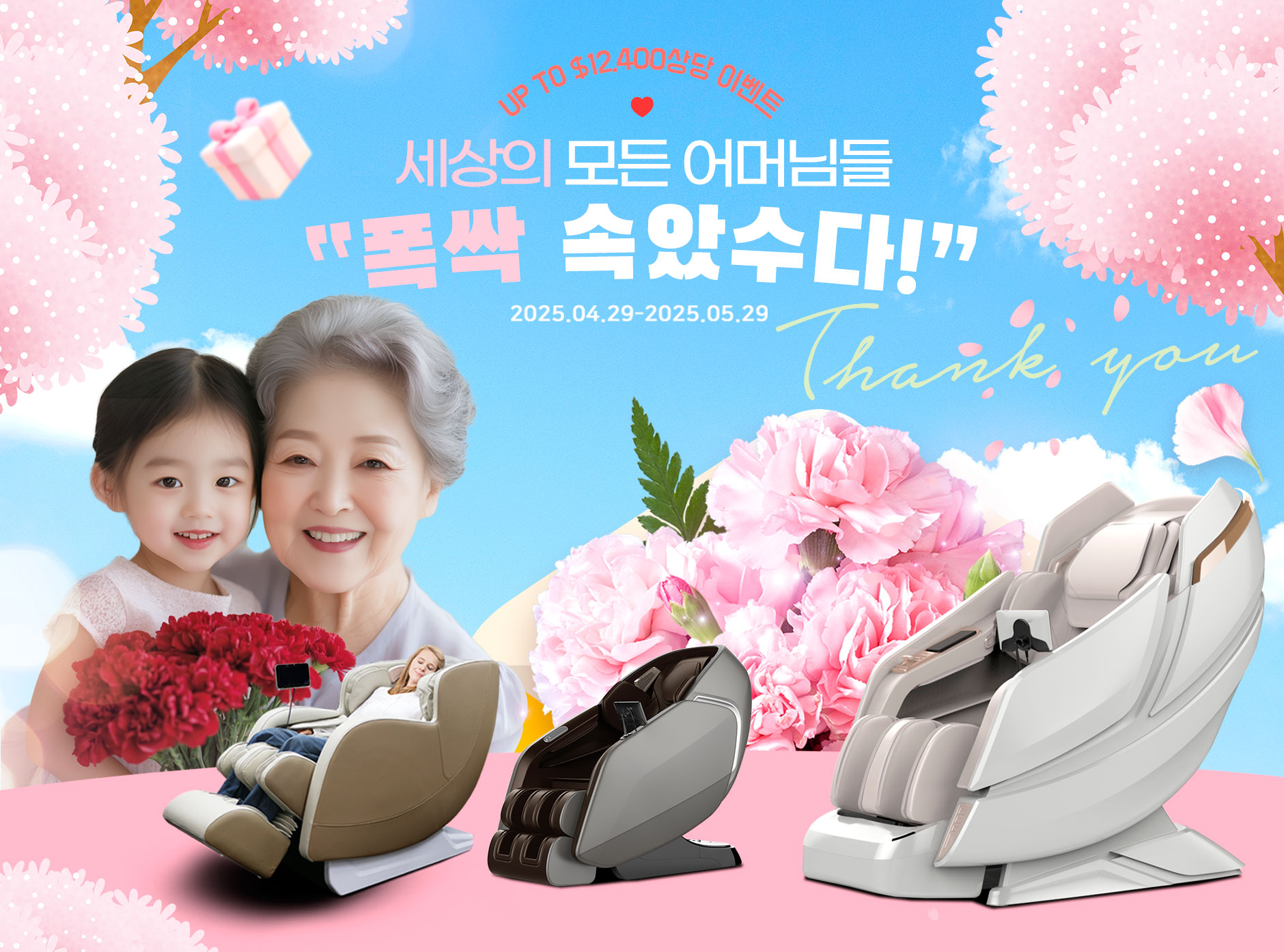
The Case of A Symbolic Attack?
The tragic killing of UnitedHealthcare CEO Brian Thompson on December 4, 2024, in New York City has sent shockwaves across corporate America, the healthcare industry, and the nation. At the center of this disturbing case is Luigi Mangione, a man accused of orchestrating what investigators describe as a “symbolic attack” on one of the largest health insurers in the world. The details emerging from the case reveal a story of personal grievance, systemic frustrations, and a violent act that has sparked broader conversations about the state of healthcare in the United States.

A Targeted Attack on Corporate Healthcare
Mangione, apprehended just days after the shooting, was not insured by UnitedHealthcare, nor was his mother, a detail confirmed by the company. Despite this, investigators believe he deliberately targeted Thompson because of UnitedHealthcare’s prominence as a symbol of corporate healthcare.
In a manifesto found during the investigation, Mangione reportedly expressed deep anger toward what he saw as corporate greed and the inequities of the U.S. healthcare system.
He identified UnitedHealthcare as one of the largest corporations in America and described his actions as a direct challenge to its power.
This act of violence unfolded in the early hours of December 4, as Thompson was in New York on business. Mangione’s writings and social media posts, according to law enforcement, painted a picture of a man disillusioned with what he called the “corruption” of the healthcare industry. Police have described his motivations as being rooted in a broader resentment of corporate America, with health insurance companies becoming his primary focus.

Public Outrage and Corporate Fallout
The killing has ignited a complicated public reaction. While the act itself is universally condemned, frustrations with the U.S. healthcare system—rising costs, denied claims, and lack of transparency—have brought some sympathy to Mangione’s criticisms, though not his methods.
This has led to unexpected ripple effects. Corporations like UnitedHealthcare have taken steps to shield their executives from potential harm, including removing photographs of high-ranking officials from websites, increasing armed security, and even closing some headquarters to the public.
This violent incident has forced many to confront the larger dissatisfaction that Americans feel toward the healthcare industry. The U.S. system is often criticized for being fragmented and prioritizing profits over patient care. While Mangione’s actions were extreme, they have become a flashpoint for discussions about systemic reform.
 A System Under Scrutiny
A System Under Scrutiny
UnitedHealth Group CEO Andrew Witty addressed the situation in an opinion piece, acknowledging the frustrations people feel toward the healthcare system. He described the system as a “patchwork built over decades” and admitted that it doesn’t function as well as it should. Witty pledged that UnitedHealthcare would continue working to improve care quality and reduce costs, though he admitted there is a long road ahead.
The company also released data to counteract misconceptions about its practices, highlighting that around 90% of medical claims are approved immediately and only a fraction are denied for medical reasons. Still, public trust in health insurers remains low, and the incident has renewed calls for transparency and accountability within the industry.

The Investigation Unfolds
As investigators dig deeper into the case, they have executed search warrants to piece together Mangione’s movements and motives. Among the evidence are a burner phone discarded along his getaway route, a backpack left in Central Park, and the hostel where Mangione stayed before the attack. These searches aim to provide more clarity on how and why this targeted killing occurred.
Mangione is now being held at Pennsylvania State Correctional Institution at Huntingdon, a maximum-security facility. Authorities report that he is being kept in isolation, with meals delivered to his cell.
A Broader Reflection
The death of Brian Thompson has left a void in the healthcare community and raised unsettling questions about the safety of corporate leaders in a time of rising discontent. The tragedy underscores the need for systemic change, not just to address frustrations with healthcare but also to bridge the growing divide between corporations and the people they serve.
While Mangione’s actions were an aberration, they have drawn attention to the broader dissatisfaction many Americans feel. This case serves as both a warning and a call to action: violence is never the answer, but the grievances that fueled it must not be ignored. The path forward lies in building a healthcare system that prioritizes fairness, accessibility, and trust for everyone it serves.
![]() <Student Reporter Chloe Moon> chloemoon45@gmail.com
<Student Reporter Chloe Moon> chloemoon45@gmail.com
She is an 10th grade student at South Pasadena High School






